Evaluating Diversity and Inclusion Training in Virtual Reality (EDIT VR) Feasibility Study
The primary aim of the EDIT VR project is to investigate the feasibility of an embodied virtual reality diversity training intervention on UK employees’ using a sequential explanatory two-phased mixed methods design.
1st Phase. The first, quantitative phase of the research, adopts a repeated measures design with follow-up to evaluate the efficacy of an embodied VR diversity training intervention on knowledge, empathy, implicit bias, and skills relevant to diversity and inclusion.
2nd Phase. Following sequentially, the second, qualitative phase uses interviews to explore participants from the first quantitative phases thoughts, views and perceptions on transferring learning obtained to the workplace, as well as the acceptability of embodied virtual reality diversity training interventions. Further proportional data and field notes are collected to inform on the practicality and implementation of the intervention in modern-day workforces. In collaboration with King’s College London’s CSI, and Virtual Reality Lab, implications from this study aim to validate pioneering approaches to diversity training in the global workforce.
Researchers: Keisha York, Sukhi Shergill, Teresa C. D’Oliveira, Lucia Valmaggia, Juliana Onwumere

